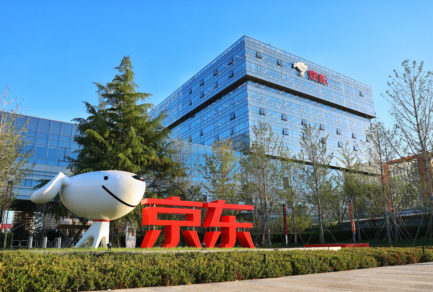Sep 10, 2020|
JD HR Chief: A Return to Basics, and Far into the Future
by Kelly Dawson, Yuchuan Wang and Ella Kidron
JD.com broke records with a cumulative transaction volume of 269.2 billion RMB during 618 Grand Promotion between June 1st and 18th, China’s first national-level shopping event to happen during the COVID-19 pandemic. On the same day of June 18th , JD listed on the Hong Kong Stock Exchange (9618.hk) with the biggest IPO of the year till then—whether in terms of investors attracted, amount of capital frozen, or the amount of funds raised. In a byline article (in Chinese), Rui Yu, Chief Human Resources Officer of JD.com took stock of the company’s recent achievements and explained the management thinking behind JD’s reorganization.
Rui Yu, Chief Human Resources Officer, JD.com
A Major Comeback
Yu wrote that these achievements represent a major comeback following JD’s “darkest moment” in 2019, referring to significant restructuring at a time when the industry at large was seeing a wave of layoffs. At the time, JD.com Chairman and CEO Richard Liu called for an “urgent return” to basics: the company needed to establish a core philosophy and guiding principles that would point the way to the future.
Since then JD.com has taken that call to heart, and in its recent achievements the company is now reaping the benefits of last year’s challenges, explained Yu.
“JD.com is still a young company. Looking at the global Internet industry, there are no examples for us to imitate. We have 280,000 employees that range from blue-collar warehouse workers to world-renowned scientists; and our business categories include retail, digital technology, logistics, health, insurance, AI and more,” he said.
“So it is gratifying that faced with difficulties and various uncertain factors, we have gradually explored a new management strategy that maintains JD’s core character, fully drawing from existing theories and practical innovations made necessary by JD’s particular circumstances.”
Through a deep analysis of JD’s development over the course of 17 years, JD has developed the “Three-Strike Theory”, a triple-pronged approach that Yu credits for the company’s current growth:
- Develop a strategic organization model based on the company’s core strategic objectives
- Then, empower business divisions to make their own decisions, demonstrating greater trust in leaders across the company. This is referred to as “Big Boss”, a project in which JD aims to put decision making power in the hands of those closest to the customer (more on “Big Boss” below)
- Grow the company’s “soft power”, by cultivating a company environment that promotes strong morals and opportunities for growth, which in turn will attract (and retain) higher-caliber talent
Strategy & Vision
Strategic vision can make or break a company, Yu said.
In 2019, JD.com set its sights on far bigger ambitions— officially expanding from its original focus on retail and services to becoming a “supply chain-based technology and service enterprise”.
In order to achieve this transition, JD.com positioned corporate management as the chief designer of the company’s strategy, culture and brand; the general coordinator of internal business collaborations; the cultivator of the core talent team; the creator of the digital management platform; the coordinator of JD ‘s strategic resources; and the supervisor of risk management.
Once this decision was made, natural questions followed, Yu said. For example: What is the ideal relationship between JD.com’s corporate management and its various departments and businesses? What is the appropriate boundary of responsibility and accountability?
Big Boss Project
With more than 280,000 employees spanning multiple businesses, running JD.com smoothly is a giant undertaking. Following extensive internal discussions and some trial and error, the company formulated what it calls the “Big Boss Project.”
The aim of this approach is to create many smaller “big bosses” across the company, with “the intention of letting people who are closer to customers have greater decision-making power,” Yu said. “The leaders of these units who are at the business frontlines close to customers now have the authorization to make decisions that are best for their individual business units.”
For example: If the leader of a logistics center in Beijing’s Tongzhou district determines that there is enough shipping traffic in the area to warrant a second location, he no longer requires authorization from senior management. He has the power to pull the trigger, and begin work on a new outpost in his district.
This not only encourages business agility, it also promotes a smoother working environment and an atmosphere of trust.
JD.com’s “Big Boss” program is also premised on the idea that each business unit is a “Lego building block” that together with other units can more easily adapt, shifting and stacking to meet complex and ever-changing needs. With the leaders of these “building blocks” making decisions both independently and in coordination with other building blocks, the result can often be that “one plus one equals more than two,” Yu said.
Of course with some larger decisions, JD.com’s corporate management does facilitate decision-making meetings and maintains a sharing platform to enhance collaboration. As always, corporate management remains the author of overall company strategy.
The “Family Rule”
Behind the ever-evolving development of JD.com is its people and their dedication to the company’s core values and vision, Yu said.
Those values were codified in and implemented across the company in 2019. JD has formulated the “JD Family Rule”, a code of ethics that are guided by six corporate values:
- Customer First
- Integrity
- Ownership
- Collaboration
- Gratitude
- All In
“The Family Rule forms a common value system that we hope will be passed on for a long time,” Yu said. “It will guide JDers through challenging times to overcome difficulties and evolve through the changing market environment, whether in regards to strategy, decision-making or even in the case of new management.”
The company has also prioritized these values when recruiting talent, Yu said. Candidates who demonstrate these values will be more likely to uphold JD’s standards, contributing to a company culture with strong values.
Further, treating employees well—like family, one might say—will also ensure that high-caliber talent will be more likely to stay. JD.com does not set limits on how high an employee can rise, Rui said. The company understands that providing employees with competitive incentives and broad development space can only benefit the company.
Eyeing the Future
With these three guiding principles, JD.com has successfully returned to the track of high-quality growth, Yu said.
“We are committed to creating a dynamic innovation culture, encouraging bold imagination and frequent experiments,” Yu said. “When we’ve faced failure, we’ve assessed the lessons and learned from them. And now we’re even more prepared to do that far into the future.”




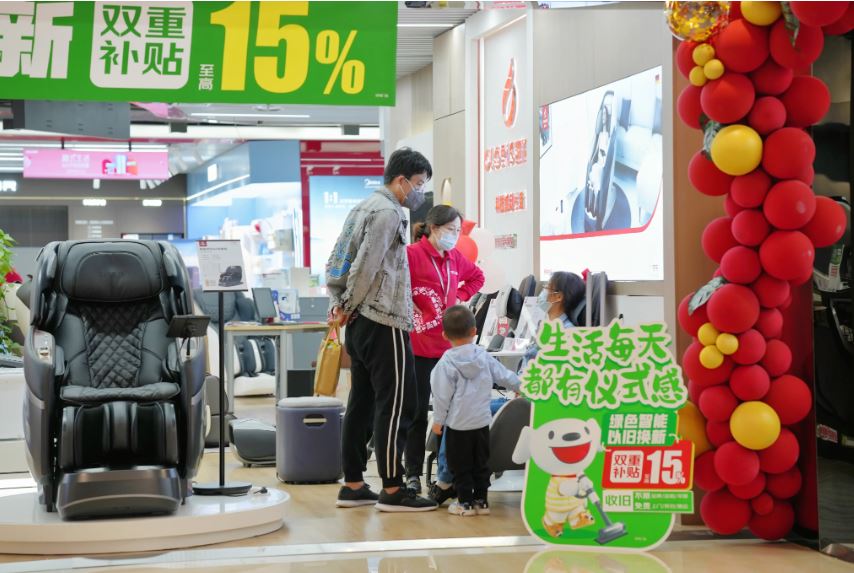
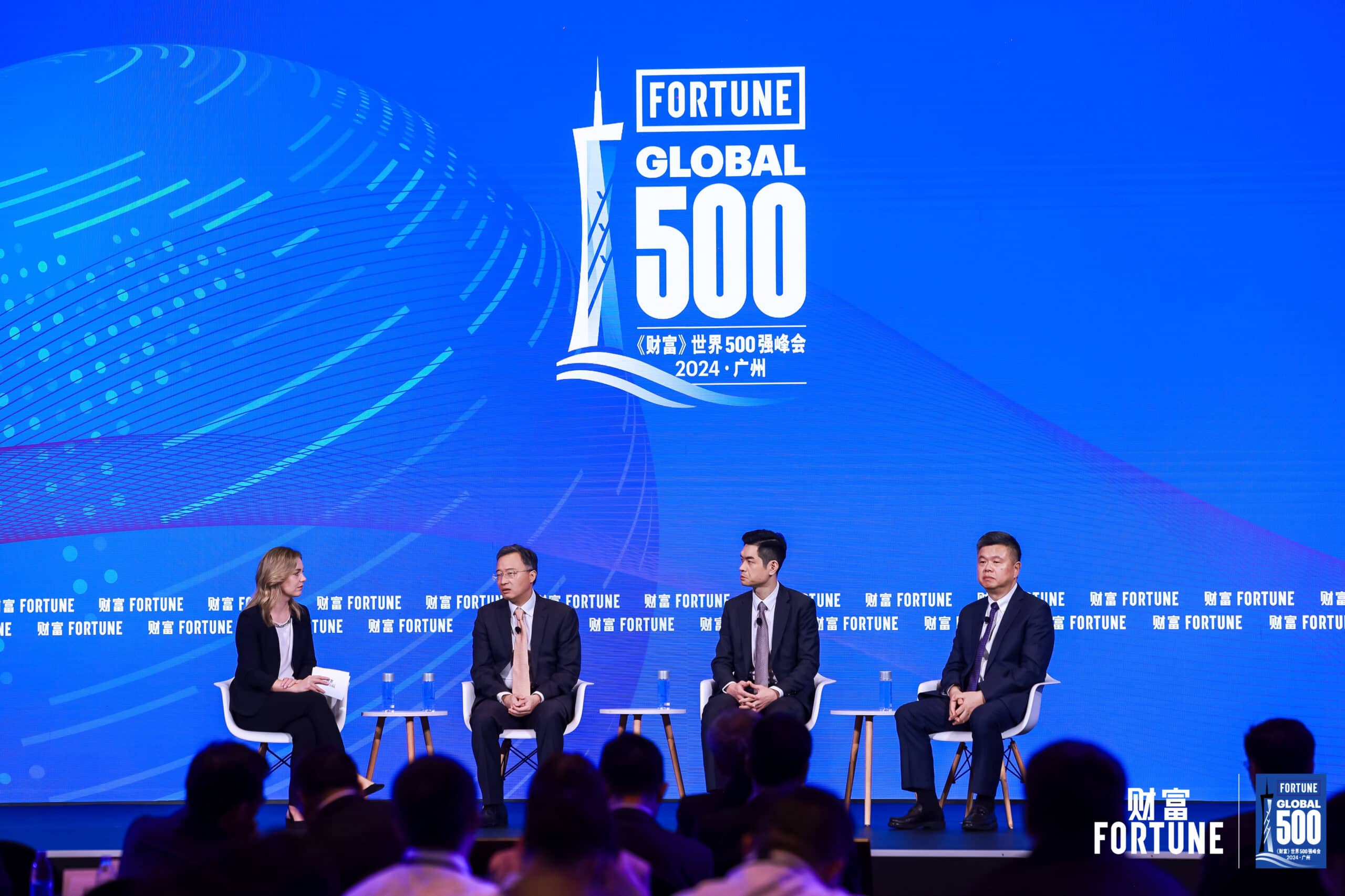
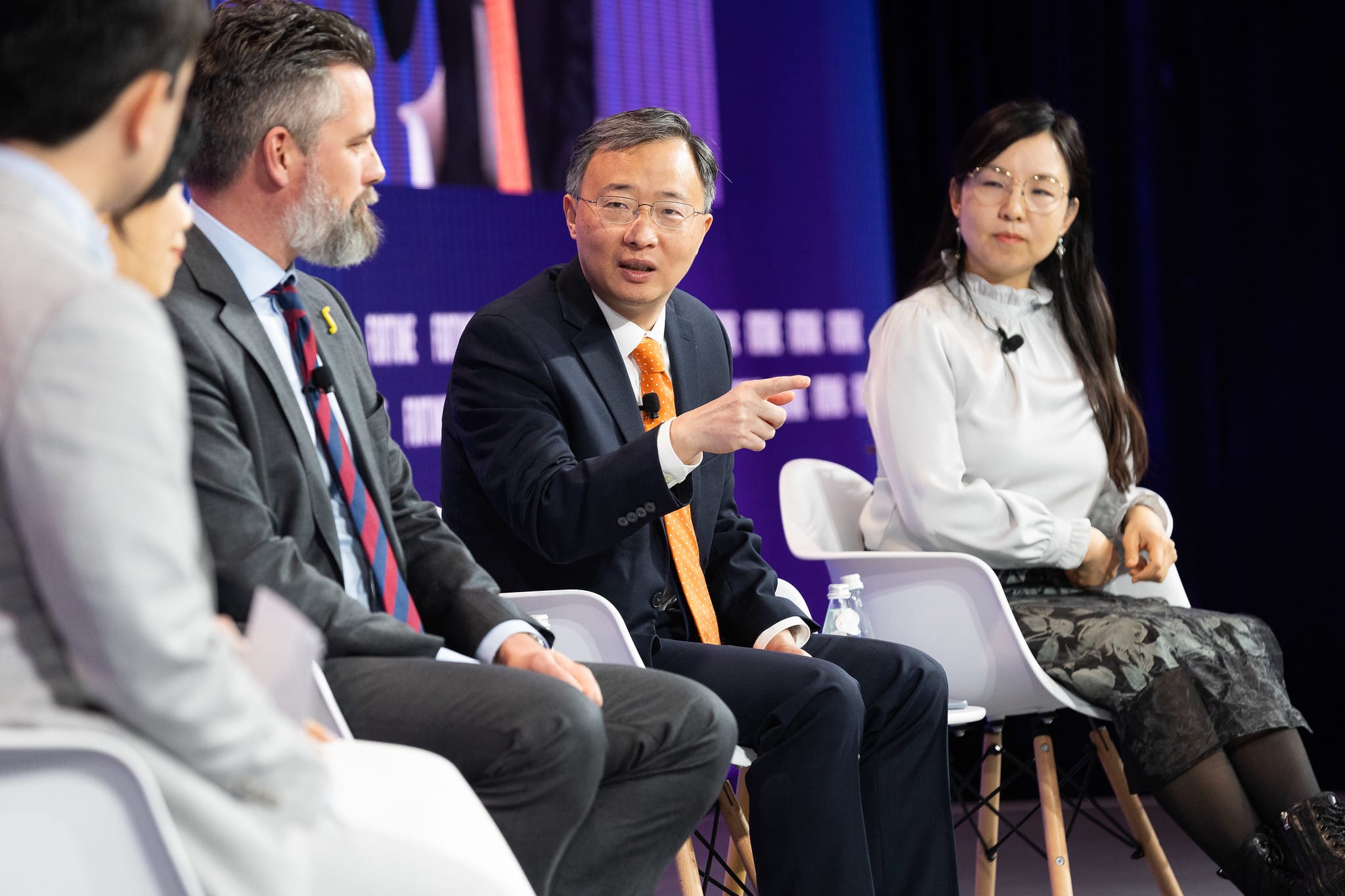
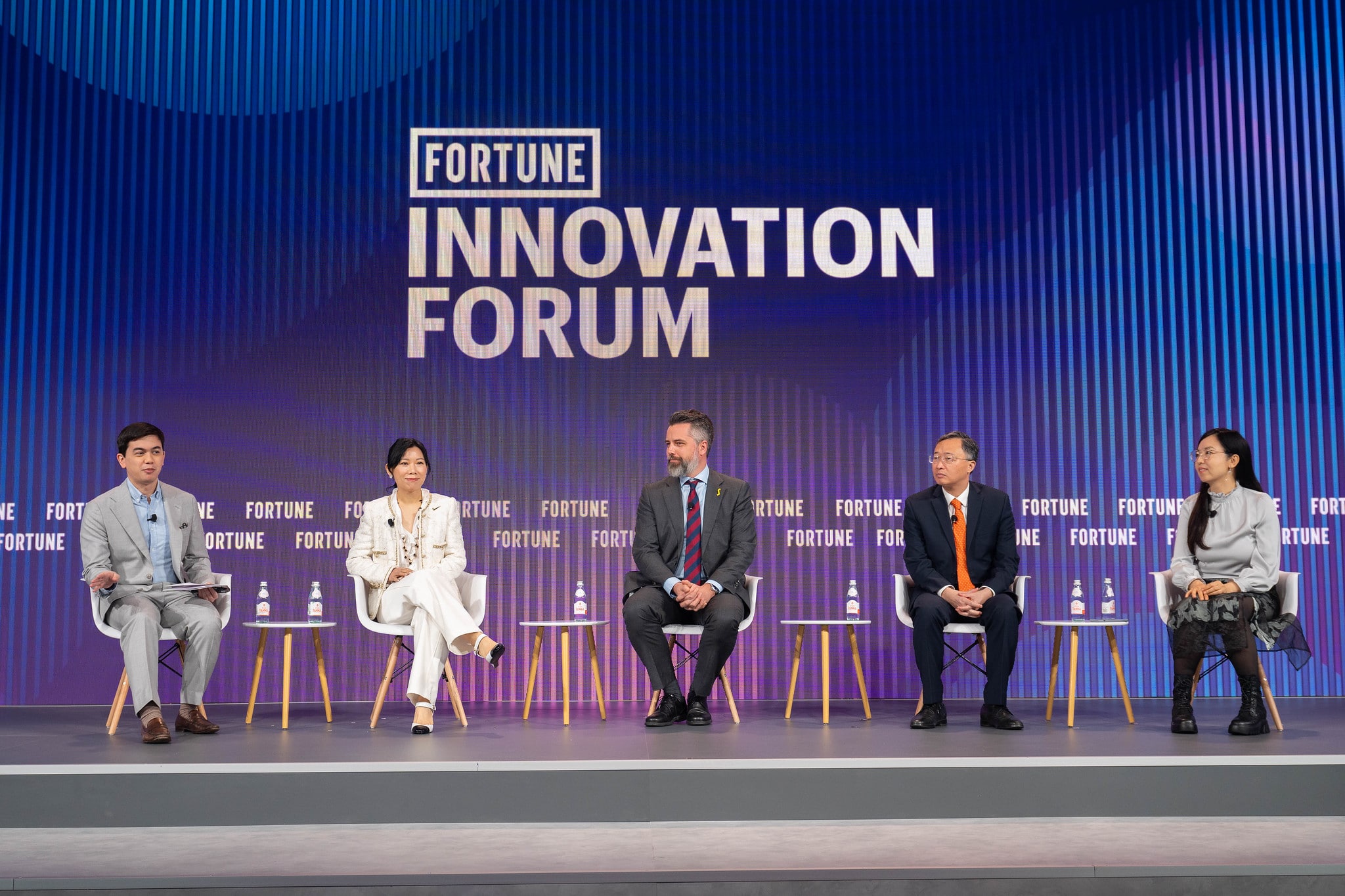
 JD Health Respiratory Center to Provide Digitalized Solutions for Patients
JD Health Respiratory Center to Provide Digitalized Solutions for Patients


